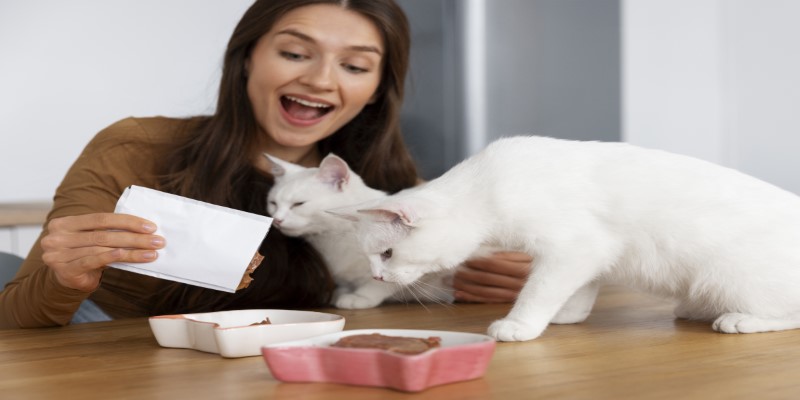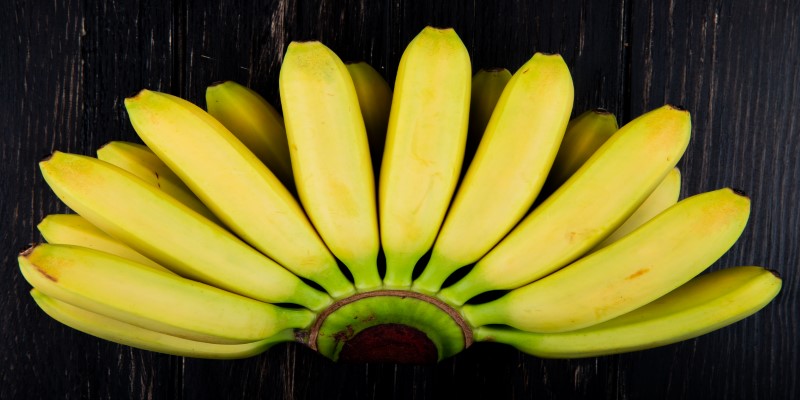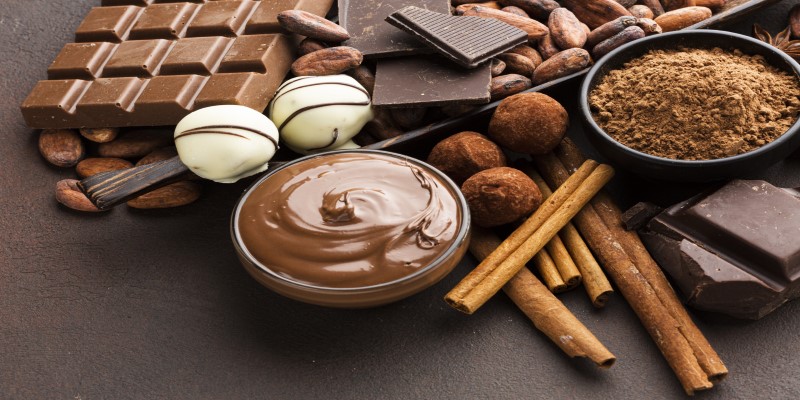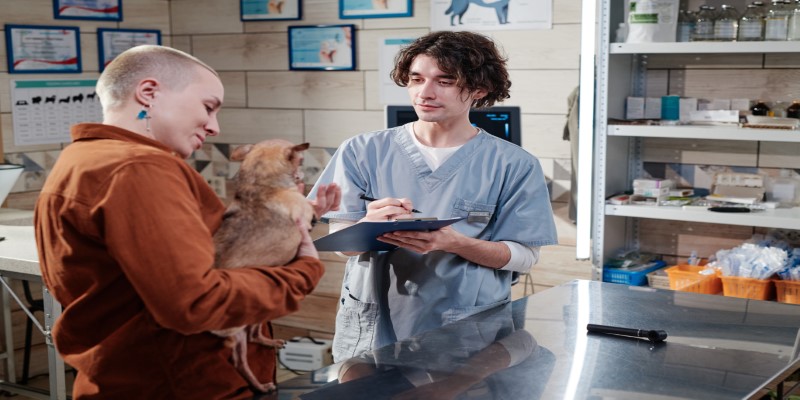As pet owners, we often find ourselves sharing our meals with our furry friends. It’s hard to resist those pleading eyes, and sometimes it feels like we’re being asked for just a small taste of whatever deliciousness we’re enjoying. However, it’s crucial to understand which human foods are safe for pets and which can be harmful or even deadly. This guide aims to provide a clear and thorough overview of various human foods, detailing what pets can safely consume and what they should avoid.
Understanding Pet Nutrition Needs
Before diving into specific foods, it’s important to understand that pets, particularly dogs and cats, have different nutritional needs than humans. While they may be curious about our meals, their digestive systems and dietary requirements vary significantly from ours. Dogs are omnivores and can eat a wide variety of foods, but cats are obligate carnivores, meaning their diet must be primarily meat-based. This fundamental difference plays a crucial role in determining what foods are safe for them.

When considering any human food for your pet, it’s vital to think about their unique biology. Some foods that are perfectly safe for humans can be toxic to pets, so it’s essential to be informed.
Safe Human Foods For Pets
Many human foods can be safely shared with pets, often providing nutritional benefits. However, moderation is key, as even safe foods can cause digestive upset if given in excess.
Fruits And Vegetables
Fruits and vegetables can be a great addition to your pet’s diet. Many of these foods are packed with vitamins and minerals, providing health benefits. Here are some safe options:
Carrots: These crunchy vegetables are low in calories and high in fiber and vitamins. They can help with dental health and are a great treat for both dogs and cats.
Blueberries: Rich in antioxidants, blueberries can be a healthy snack for dogs. They’re low in calories and high in fiber, making them a perfect treat.
Apples: Apples are safe for dogs and can be a refreshing snack. Just be sure to remove the seeds and core, as they can pose a choking hazard and contain cyanide, which is harmful in large amounts.
Bananas: These fruits are safe for both dogs and cats and can be given in small amounts. They are high in potassium and can be a great treat.

Pumpkin: Canned pumpkin (not the spiced pie filling) is excellent for digestive health in dogs and can also benefit cats. It’s high in fiber and can help with constipation or diarrhea.
Grains
While pets primarily require proteins and fats, some grains can be included in their diet.
Rice: Plain, cooked rice is safe for pets and can help soothe an upset stomach. Veterinarians often recommend it when dogs experience gastrointestinal issues.
Oatmeal: This whole grain is safe for dogs and can provide a good source of fiber. It can be especially beneficial for dogs with sensitive stomachs.
Proteins
High-quality protein sources are essential for pets. While many human proteins can be shared, they must be prepared correctly.
Chicken: Cooked, unseasoned chicken is a safe protein source for dogs and can be mixed with their regular food. Be sure to remove any bones, as they can splinter and cause choking.
Fish: Certain fish, like salmon, can be safely fed to dogs, but they should be cooked and deboned. Fish is rich in omega-3 fatty acids, which are beneficial for skin and coat health.
Eggs: Cooked eggs are a fantastic source of protein and can be safely shared with pets. They should be fully cooked to avoid the risk of salmonella.
Unsafe Human Foods for Pets
While many foods are safe, several common human foods can be dangerous or even toxic to pets. Knowing these foods is crucial for keeping your pets safe and healthy.
Chocolate
Chocolate is one of the most well-known toxic foods for pets, particularly dogs. It contains theobromine, which can be toxic to dogs and cats. Even small amounts can cause symptoms like vomiting, diarrhea, rapid breathing, and, in severe cases, seizures or death. Dark chocolate and baking chocolate are particularly dangerous due to their higher theobromine content.

Grapes And Raisins
Grapes and raisins can cause kidney failure in dogs. Even small quantities can lead to serious health issues, and it’s not entirely clear why they are toxic. If your dog eats grapes or raisins, it’s essential to contact a veterinarian immediately.
Onions And Garlic
Both onions and garlic contain compounds that can be harmful to pets. These foods can damage red blood cells in dogs and cats, leading to anemia. Symptoms of onion or garlic poisoning include weakness, lethargy, and gastrointestinal upset. It’s important to avoid feeding pets any foods containing these ingredients, including certain sauces and seasonings.
Avocado
While avocados are a superfood for humans, they can be harmful to pets. They contain a substance called persin, which can cause vomiting and diarrhea in dogs and may be more toxic to birds and some other animals. It’s best to avoid giving avocados to your pets altogether.
Caffeine
Caffeine, found in coffee, tea, and some sodas, is toxic to both dogs and cats. Symptoms of caffeine toxicity include restlessness, rapid breathing, heart palpitations, and muscle tremors. It’s crucial to keep all caffeinated products out of reach of pets.

Xylitol
Xylitol is a sugar substitute commonly found in sugar-free products, including gum and candies. It is extremely toxic to dogs, leading to a rapid drop in blood sugar and potential liver failure. Symptoms include vomiting, lethargy, and seizures. Always check ingredient labels to ensure xylitol is not present in any foods given to pets.
Feeding Guidelines For Pet Owners
When it comes to feeding pets human food, moderation and preparation are key. Even safe foods should be offered in small amounts and should not replace a balanced pet diet. Here are some general guidelines:
Introduce New Foods Gradually: When adding new foods to your pet’s diet, do so gradually. Start with small amounts to see how they react, watching for any signs of digestive upset.
Consult Your Veterinarian: If you’re unsure about any food, it’s always a good idea to consult your veterinarian. They can provide tailored advice based on your pet’s health and dietary needs.

Avoid Seasonings and Sauces: When preparing human foods for pets, avoid adding any seasonings, sauces, or harmful ingredients. Plain and simple is best.
Be Aware of Allergies: Like humans, pets can have food allergies. When introducing new foods, monitor your pet for any signs of allergic reactions, such as itching, swelling, or gastrointestinal upset.
Conclusion
Feeding your pets human food can be a wonderful way to share moments and keep them happy, but it’s essential to know which foods are safe and which can be harmful. Many fruits, vegetables, and proteins can enhance your pet’s diet and provide health benefits. Conversely, foods like chocolate, grapes, and xylitol should always be avoided. By understanding the nutritional needs of your pets and being aware of potential hazards, you can ensure they enjoy a safe and healthy diet. Always consult your veterinarian for the best guidance tailored to your pet’s individual needs and remember that moderation is key in everything you feed your furry friends.